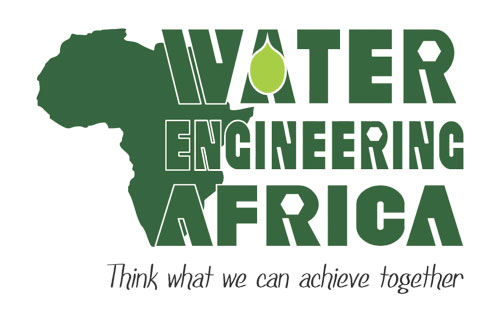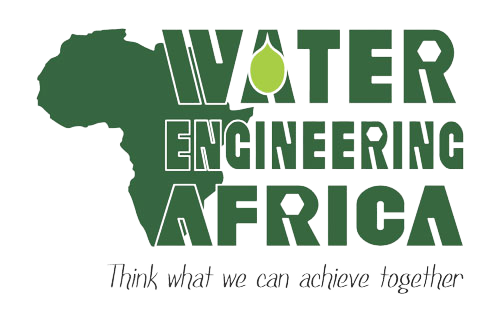Water and Sewer Reticulation
Water and sewer reticulation systems are essential components of urban infrastructure. They play a crucial role in delivering clean water and effectively managing wastewater. These systems are key to maintaining public health, supporting urban development, and protecting the environment. As South Africa continues to urbanise, the need for modern and effective water engineering solutions is becoming increasingly important.
Importance of Water and Sewer Reticulation Systems in Urban Infrastructure
The value of well-designed water and sewer reticulation systems cannot be understated. Here’s why they are critical:
- Public Health: Reliable access to clean drinking water and sanitation facilities is essential to prevent diseases and maintain community health standards.
- Environmental Protection: Efficient wastewater management helps prevent water pollution and preserves natural ecosystems.
- Urban Development: Proper water and sewer infrastructures support the growth and expansion of urban areas by ensuring reliable services for residential, commercial, and industrial needs.
- Flood Prevention: Adequately designed systems manage stormwater to minimise flooding risks.
Water Engineering Africa’s Role in Infrastructure Design
Water Engineering Africa is at the forefront of advancing water and sewer reticulation designs, catering to the unique needs of municipalities, developers, and engineers. By incorporating the latest technologies and innovative design principles, they are paving the way for sustainable infrastructure solutions tailored for urban environments.
Water Engineering Africa is dedicated to:
- Providing Tailored Solutions: Crafting bespoke systems that meet specific community needs and topographic challenges.
- Innovating with Technology: Integrating advanced technologies such as smart sensors and IoT devices to improve system performance and responsiveness.
- Promoting Sustainability: Emphasising environmentally friendly practices and technologies to ensure long-term viability and minimal ecological impact.
- Supporting Development: Assisting urban planners and developers with expert insights to ensure infrastructure growth aligns with future demands.
In summary, Water Engineering Africa is not only providing services; they are leading significant changes in how water and sewer systems are conceptualised, designed, and implemented, ensuring the longevity and resilience of urban infrastructure in South Africa.
The Importance of Effective Reticulation Systems
As urban populations continue to grow, there is a growing demand for effective water and sewer systems. These systems play a crucial role in ensuring the availability of clean water and the proper management of wastewater. The design and functionality of such systems are essential not just for convenience but for safeguarding public health and maintaining environmental sustainability.
The Need for Efficient Water and Sewer Systems
In urban settings, the infrastructure supporting water and sewer systems must be robust and capable of handling increasing demands. Effective systems ensure consistent access to potable water and proper waste management. Without such systems, urban populations face numerous challenges:
- Flooding caused by inadequate drainage.
- Contamination of water sources from improper sewage treatment.
- Public health risks due to exposure to untreated wastewater.
Investing in well-designed reticulation systems is, therefore, not just an option; it is vital for safeguarding communities.
Benefits of Investing in Modern Reticulation Systems
The investment in modern reticulation systems brings numerous benefits, not only in operational performance but also in broader socio-economic contexts. Key advantages include:
- Public Health: Advanced systems help prevent the spread of waterborne diseases by ensuring safe drinking water and proper sewage treatment.
- Environmental Sustainability: Modern systems incorporate eco-friendly technologies that minimise environmental impact and promote recycling and reuse.
- Cost-Effectiveness: Although the initial investment might be significant, the long-term savings from reduced maintenance and efficient operations make it worthwhile.
Ultimately, modern reticulation systems are essential for sustainable urban development, ensuring that communities remain healthy and ecosystems are preserved for future generations.
Sustainable Design Practices
In the pursuit of reducing environmental impact, sustainable design practices are becoming increasingly crucial in water and sewer reticulation. Notable techniques include:
- Green Infrastructure: Solutions such as rain gardens and bioswales utilise natural processes to manage stormwater, enhancing local biodiversity.
- Water Recycling Technologies: Systems that enable greywater reuse to conserve freshwater resources and alleviate pressure on sewage systems.
At Water Engineering Africa, the commitment to these sustainable practices meets regulatory requirements and positively contributes to environmental conservation.
Conclusion:
Investing in advanced technologies and adhering to core principles are paramount for developing systems that can withstand the challenges of growing populations and environmental changes. Take the next step in shaping your water and sewer reticulation projects into examples of sustainability and reliability. Contact Water Engineering Africa today for expert insights and innovative solutions tailored to address your unique infrastructure challenges.

